Good hygiene and proper sanitation are crucial, especially in survival situations where healthcare might be limited. Many preppers focus on food and water storage but overlook these essential areas. This list explores 15 common hygiene and sanitation blind spots that you should address to stay healthy and avoid preventable diseases during emergencies.
1. Insufficient Water Supply for Hygiene
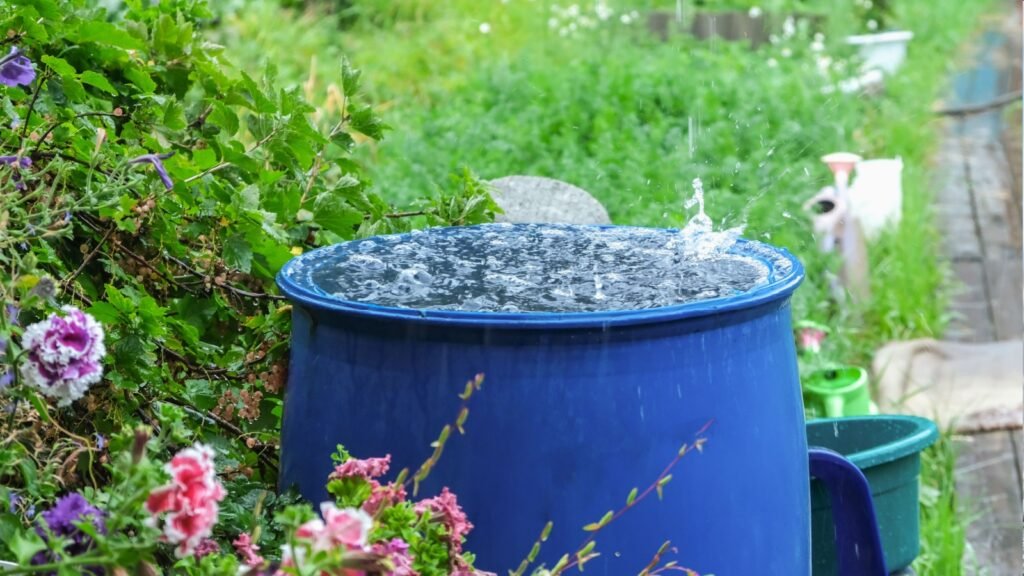
Storing enough water for drinking and cooking is common, but many forget about the water needed for washing and hygiene. Ensure you have a plan to store or access additional water for cleaning yourself, your clothes, and your living space to prevent illness.
2. Lack of Handwashing Stations
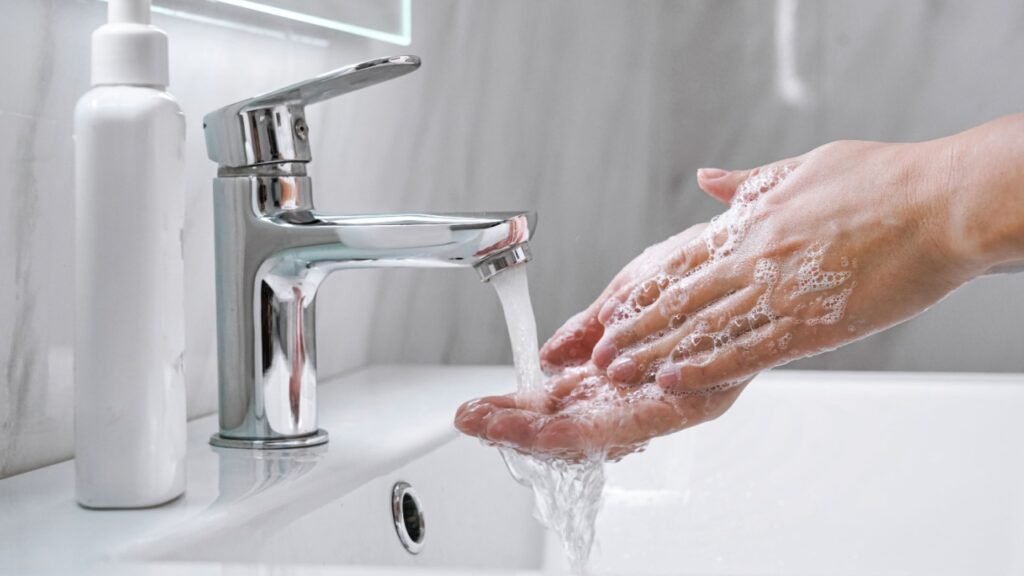
Regular handwashing is one of the simplest yet most effective ways to prevent disease. Set up designated handwashing stations with soap and clean water, and use alcohol-based hand sanitizers when water is scarce.
3. Poor Waste Disposal Plan

Improper waste disposal can quickly lead to health hazards. Create a sustainable plan for disposing of human waste and garbage. Consider composting toilets and secure trash bins to manage waste without attracting pests or contaminating your environment.
4. Neglecting Dental Hygiene Supplies

Dental problems can become severe without proper care. Stockpile toothpaste, toothbrushes, and dental floss. Consider including baking soda, which can be used as a toothpaste alternative, and clove oil for pain relief.
5. Inadequate Menstrual Hygiene Management
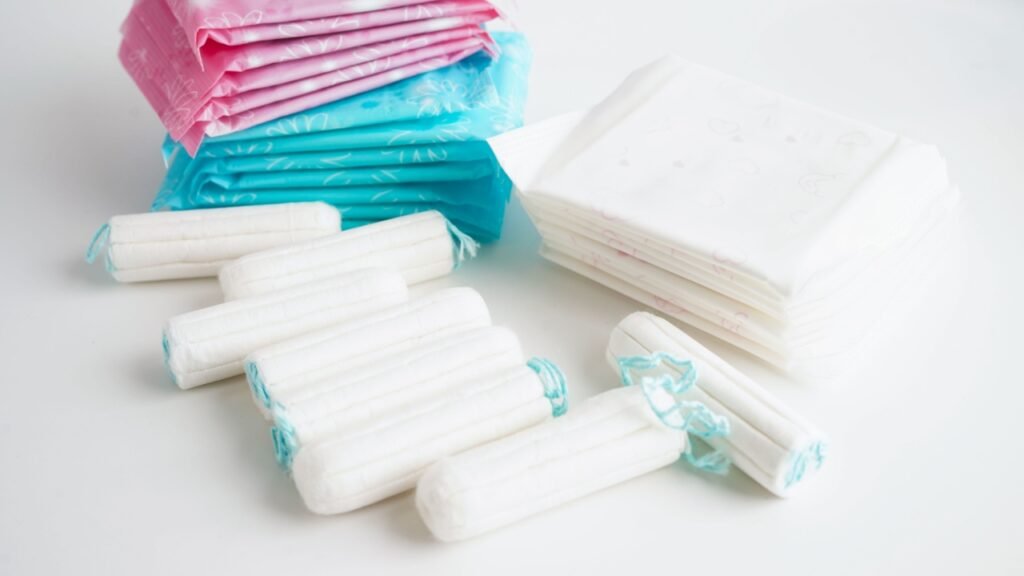
Menstrual hygiene is often overlooked in prepping plans. Stock up on sanitary products like pads, tampons, or reusable menstrual cups. Also, ensure you have a private and clean space for management and disposal.
6. Insufficient Pest Control
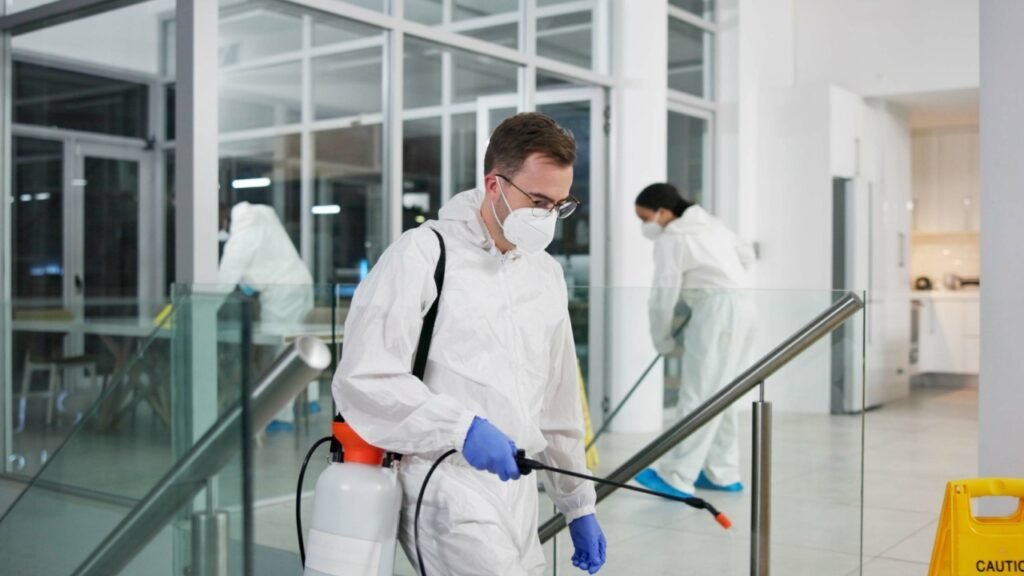
Insects and rodents can spread disease. Maintain a supply of insect repellent, screens for windows and doors, and traps or baits for rodents. Essential oils like peppermint and citronella can also serve as natural repellents.
7. Ignoring Skin Care

Skin infections can escalate quickly without proper care, especially when hygiene is compromised. Store moisturizers, antibacterial ointments, and sunscreens to protect and treat skin conditions.
8. Overlooking Shower Facilities
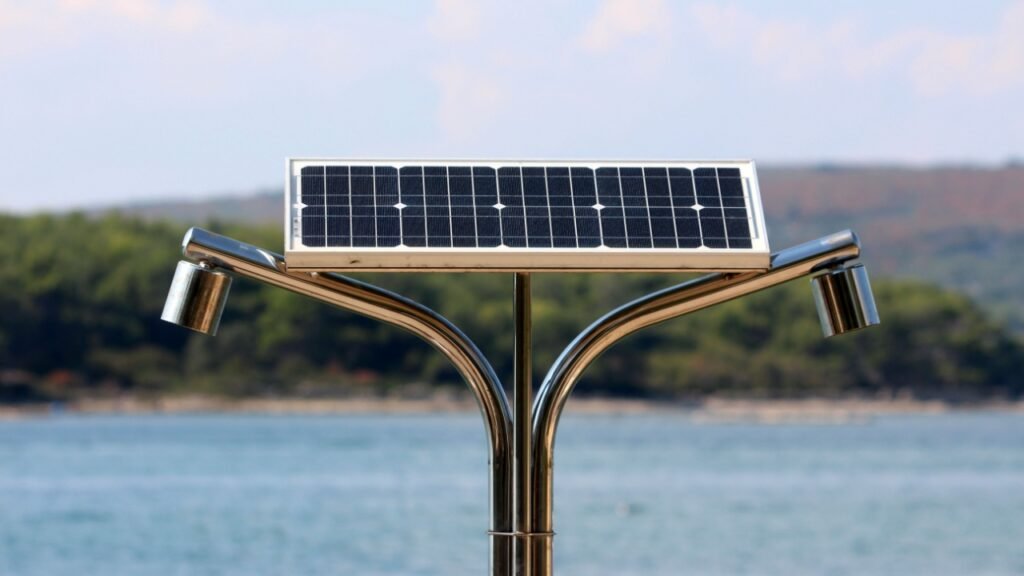
Regular showers may be difficult during extended emergencies. Plan for makeshift shower setups using solar showers or sponge baths to maintain cleanliness, which is crucial for preventing skin diseases and infections.
9. Limited Laundry Options

Clean clothes are essential for good hygiene. Prepare for emergency laundry techniques, such as hand-washing clothes with a bucket and plunger or stocking up on no-rinse detergents.
10. No Plans for Safe Food Preparation
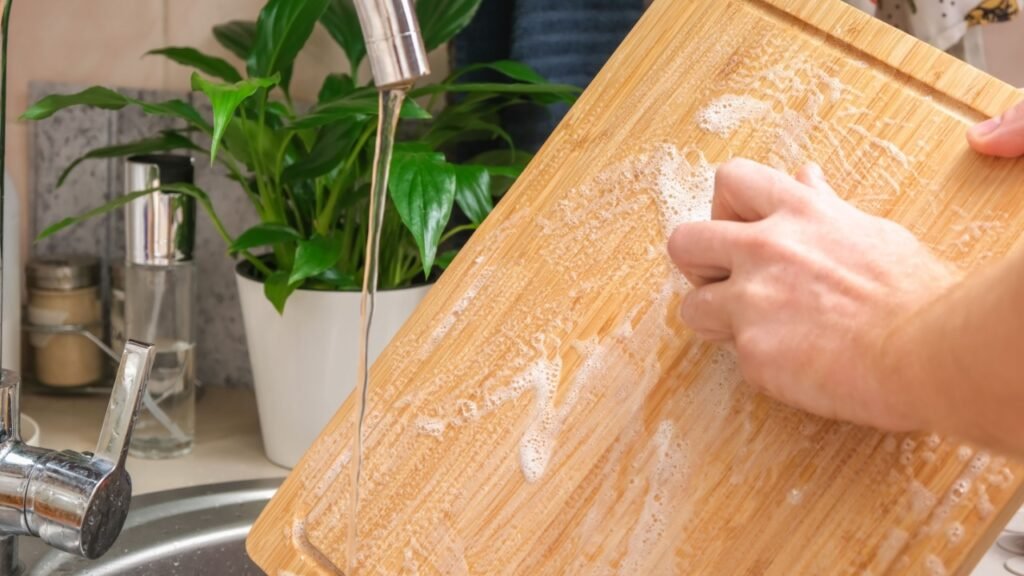
Contaminated food can cause serious health issues. Include sanitation supplies like bleach or disinfecting wipes for cleaning surfaces, utensils, and hands during food preparation.
11. Lack of Disposable Gloves and Masks
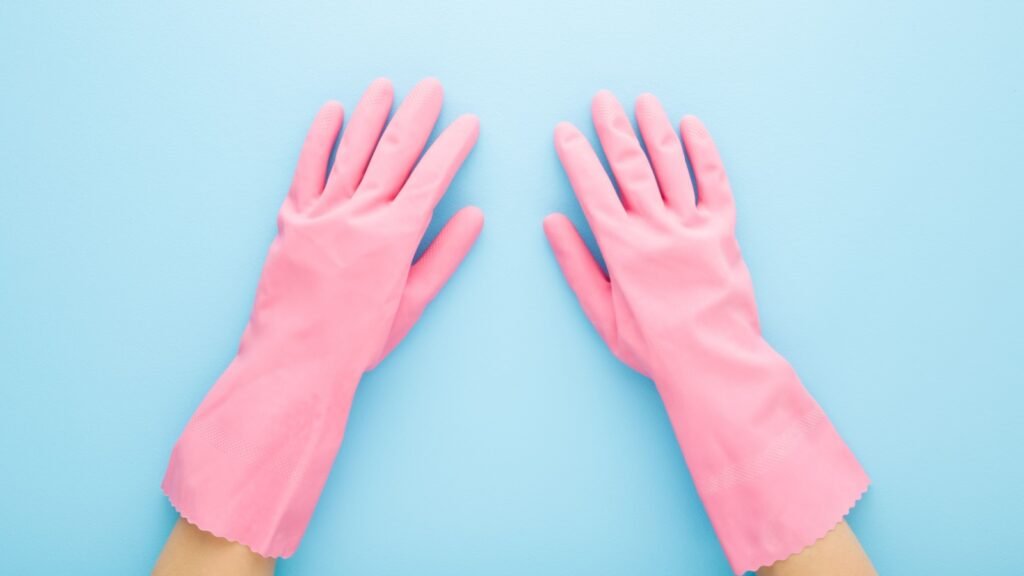
Gloves and masks can prevent the spread of germs. Stock these items to protect yourself and others, especially if someone falls ill and you need to care for them without contracting the sickness.
12. Forgetting Towel Hygiene
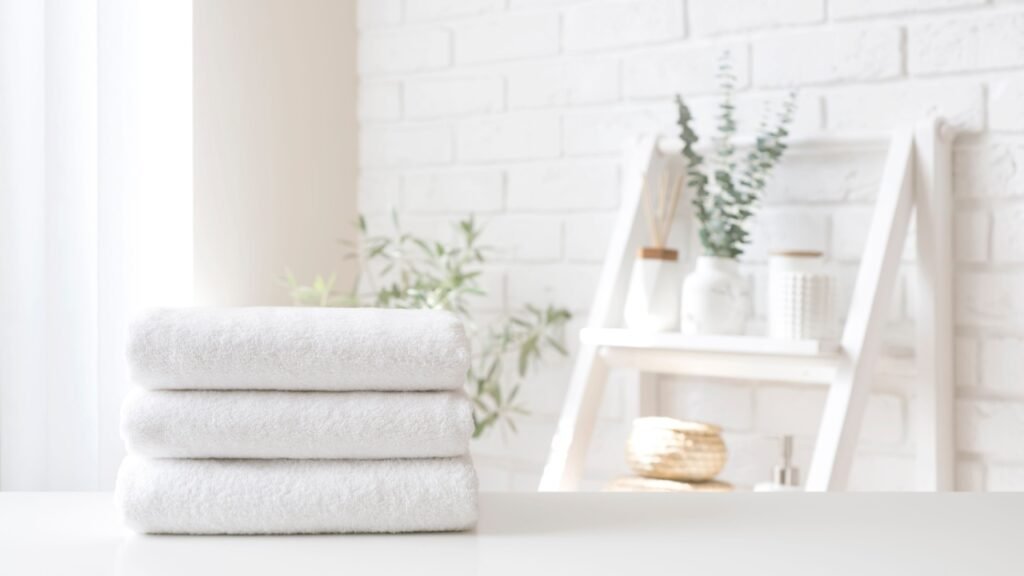
Wet towels can harbor bacteria and mold. Have enough towels to rotate regularly and consider quick-dry or antimicrobial towels. Plan for drying racks or lines to keep towels aired out and dry.
13. Overlooking Disinfectant Supplies
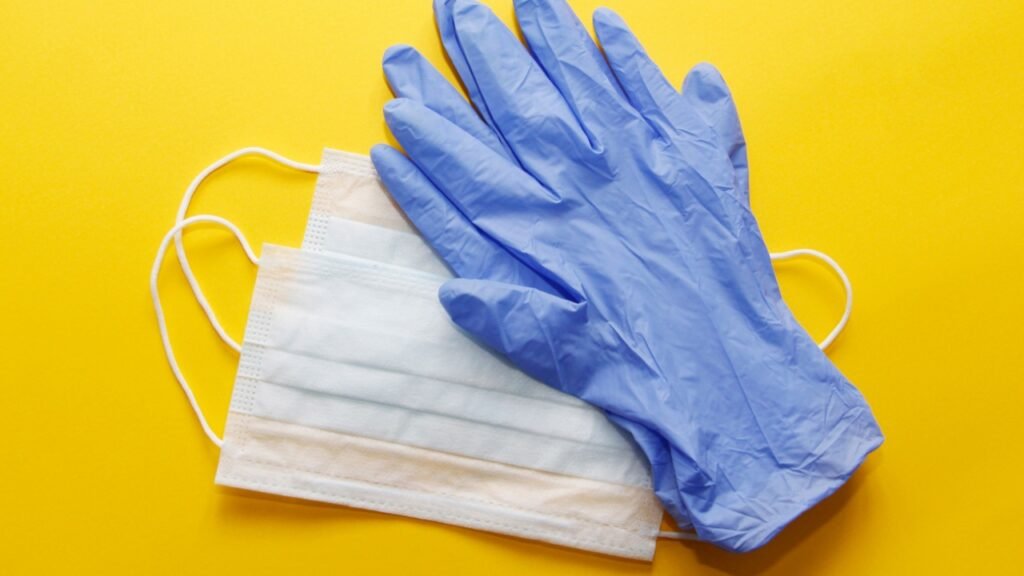
Having sufficient sanitizing supplies is essential for cleaning surfaces and treating water if needed. Store products like chlorine bleach, which can be used in diluted form for surface cleaning and water treatment.
14. Ignoring Foot Hygiene
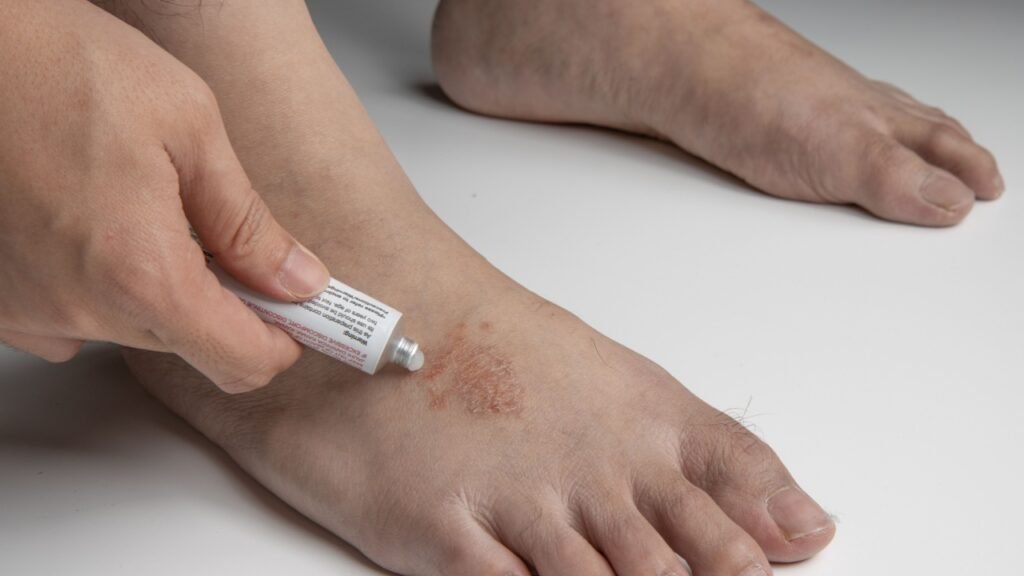
Foot problems can become serious without proper care, leading to infections and mobility issues. Keep feet dry and clean, and have antifungal creams and powders at the ready. Ensure your footwear is comfortable and breathable.
15. Not Preparing for Post-Disaster Stress Management

Stress can impact personal hygiene habits, leading to neglect. Include items that help manage stress and promote mental wellness, such as books, games, or relaxation exercises, which can keep your routines in check and your morale high.

